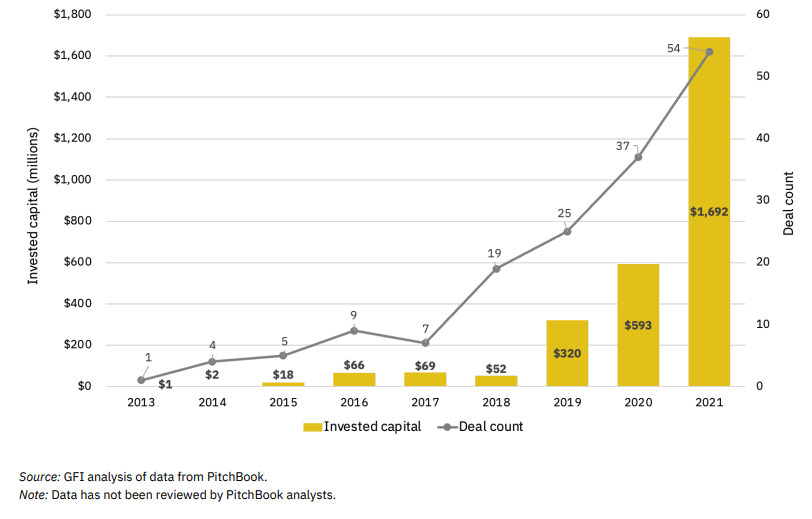Steakholder Foods announced today it has filed a provisional patent with the US Patent Office for a new process to create cell-cultured fish with layers of tissue to achieve “the characteristic tender flakiness of cooked fish.”
The company, formerly known as MeatTech 3D, says the new approach will be created using its 3D printing technology and is expected to enable the production of a wide variety of fish, seafood, and cuts.
“The filing of this provisional patent application is another significant step forward in our ability to 3D print a wide variety of species,” Arik Kaufman, CEO of Steakholder Foods, said in the release. “We are passionate and committed to using our technological versatility to make both the terrestrial and marine animal protein industries more sustainable.”
The move into seafood is strategically a good move considering how sky-high fish prices have risen compared to other forms of protein. Po Bronson, head of IndieBio, said as much on the latest episode of The Spon podcast.
“The seafood companies look to be in a much better position because you’re competing with what is a very expensive product,” Bronson said. “Wild caught seafood is very expensive in market prices, so your competitive index is a more matchable price.”
The company partnered with Umami Foods in August, a Singapore-based cultured seafood startup. That announcement and today’s comes amidst a flurry of deals (and patent filings) for the company, which became one of the first cultured meat companies to go public on a US exchange. Unfortunately, the company’s stock hasn’t fared well over the past year, dropping from around $11 in initial trading to under $2 today.
While it’s unclear when and at what price we’ll see Steakholder’s fish product reach the market, if they can figure out how to create a viable cellag fish product, their stock price will no doubt benefit long-term.















